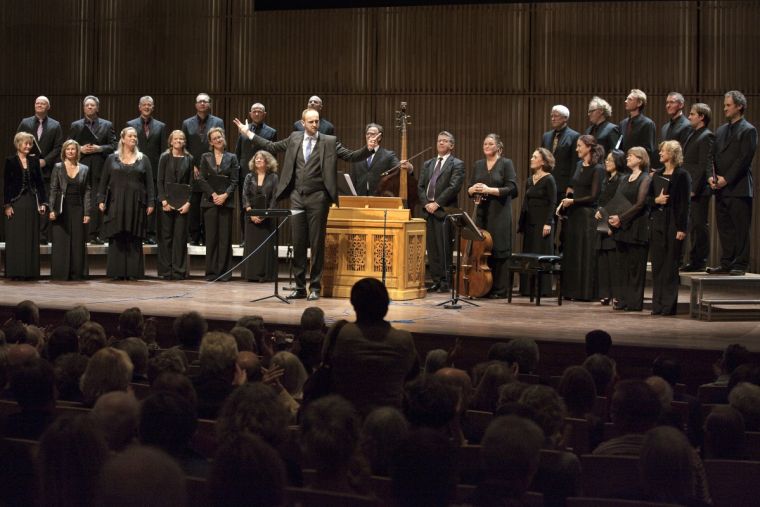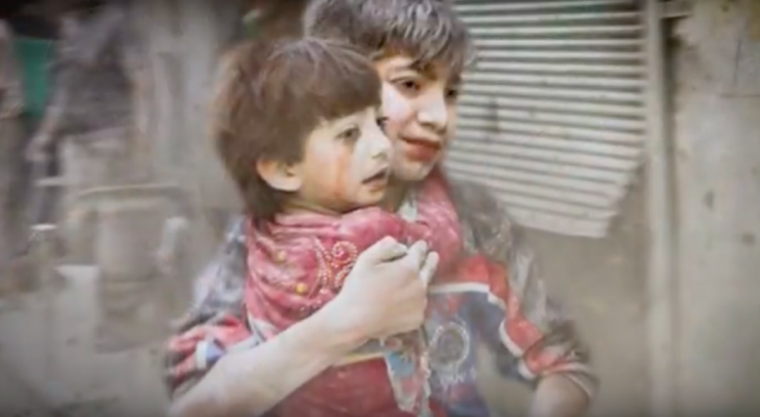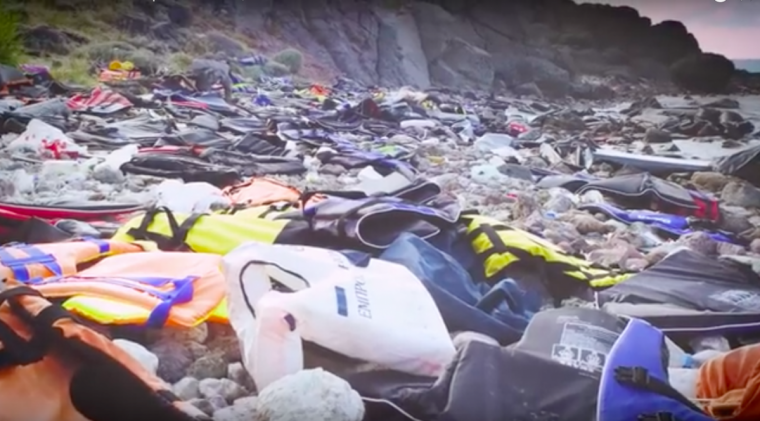Top musicians are to sing all 150 Psalms in one weekend. What can this teach our world today?

A well-known singer once said: 'If a clarinettist botches a high note, he looks at his instrument with loathing. Where am I supposed to look if I don't reach a high note?' Criticise a singer's voice and you're criticising their deepest self. This tells us something essential about singing and about the human voice: how vulnerable it is, how directly connected it is to our very being, and also how defenceless. At the same time, it is that vulnerability, that intimacy, which makes singing magical. The magic actually increases when voices combine, when people seek each other out to sing together.
Three years ago I went to the Waalse Kerk in Amsterdam to view a small exhibition about the psalms. The Netherlands Chamber Choir was rehearsing in the church, sending the soothing sounds of a psalm setting by Benjamin Britten high up into the rafters. I read about the monastery which once stood next to the church, and how the monks there used to recite all 150 psalms in the course of a day. When that proved to be too much work (how wonderfully practical they were then!) they instead took to reciting the psalms in the course of a week.
How appropriate, I thought. Here I am reading about the psalms, and the choir is singing a psalm by Britten. Appropriate, but not coincidental, I also realised. Place a choir in a church, and there's a very good chance that you'll hear a psalm setting. It could hardly be otherwise, I thought to myself, since more than half the total choral repertoire is based on psalm texts. Virtually every composer from the past 1,000 years has set a psalm to music. Perform 150 psalms, by 150 composers – you'd be creating an altar to choral music. An idea was born.
In all honesty, I didn't know much about the psalms. I could remember the boards on the pillars of my grandma's Protestant church, and how they displayed strange mathematical sums: 137:4 or 119:34. I later understood that they represented psalms and their verses. The arrangements that were used in my grandma's church were unfathomable. As the child of two musicians, I considered myself musical, but I managed time and again to go off the rails when I tried to sing the melodies along with the rest of the congregation. The texts, in what to me seemed archaic Dutch, didn't appeal to the nine-year-old me at all. It was not until recently, so many years later, that I really examined the background of the psalms in depth.

And it was as if a new world opened up for me. Firstly the texts, these texts – some as much as 3,000 years old – came across to me as if they were written yesterday. They were about me. About my own hope, about my wife's joy, my son's comfort, my friend's sadness. But even more than that, they dealt with what fills the newspapers: the White House, Red Square, Brussels or Syria. They described the disappointed voter, the refugee's fear, the oligarch's greed, the leader's tyranny. If the psalms contained such a degree of topicality, had we not learned anything in the past three millennia? Have we systematically disregarded the wise lessons found in the psalms, or are we simply not capable of extracting from them those lessons that could arm us against a situation that is changing at a murderous pace?
That the psalms have inspired countless composers to write beautiful music – that much I already knew (with the exception of the composer of those psalms in my grandma's church; I hope I'm not offending anyone, but music remains a matter of taste). But, then I let it sink in: Bach, Mozart, Bruckner, Beethoven, Palestrina, Josquin, Rachmaninov – they all set psalms to music. And if we were to ask contemporary composers to make a contribution to 150 Psalms we would be further developing the concept that psalms are not only a source of wise lessons in life, but also still a source of inspiration.
One thing was certain: singing 150 psalms by 150 composers from 1,000 years of choral music would not be confined to the creation of an altar to choral music. This would involve more. This would involve our essence, our soul, our being. How appropriate that the psalms deal with exactly that, and that the human singing voice evokes exactly that. Singing and psalms – they're about us – mankind on a quest. To our delight, this topicality was reason enough for the Utrecht Early Music Festival to commit, at a very early stage, to what was then not much more than an idea.
The logistics of this project then turned out to involve advanced mathematics. Theologian Gerard Swüste divided the psalms into twelve splendid themes, which we wished to associate with twelve concerts of an hour each. In his introduction, musicologist Leo Samama tells us about the choice of psalm settings, and what kind of challenges this presented him with. We wanted to focus on the voice, so we chose a cappella settings. To be performed by four choirs, preferably from regions where choral singing plays a prominent role: the Baltic and/or Scandinavian regions, the United Kingdom and the United States.Three years ago we had already had preliminary discussions with the choirs that ultimately agreed to take part. To keep us firmly in the here and now, it was clear we should allow space for debate and reflection.
And thus art and society come together in 150 Psalms. First in Utrecht, then in New York City (1-11 November 2017) at the invitation of the Lincoln Center, and next 20-22 March to the Klarafestival in Brussels. Each of these cities have their own problems, their own challenges. If the psalms are indeed a mirror for society, then in these locations the reflection will be of a different reality, in the inspiring context of cities which house the United Nations in one case and the European Parliament in the other. I still vividly remember the phone call from the artistic director of the Lincoln Center. She recognized the connecting power of song and the humanity of the psalms, and felt the need for this connection to ring through even the very smallest veins of her city. That's the magic of choral singing, it connects us, it unifies us. And if there is one thing we need in this world, it's precisely that.
Tido Visser is Managing Director of the Netherlands Chamber Choir. Find him on Twitter @tidovis and the choir, Nederlands Kamerkoor, @ned_kamerkoor. More information about the event is below.

The Netherlands Chamber Choir will celebrate its 80th anniversary with a project entitled 150 Psalms. In one weekend, in just a few weeks, all 150 psalms will be performed. From 150 different composers, representing 1000 years of choral music. The premiere of 150 Psalms will be on 1 and 2 September 2017 at the Utrecht Early Music Festival.
The Netherlands Chamber Choir, initiator of 150 Psalms, have invited three of the world's finest vocal ensembles to join them in this project: The Tallis Scholars, the Norwegian Soloists' Choir and the The Choir of Trinity Wall Street. Together they will perform all 150 Psalms across 12 concerts. Each of the psalms has been set to music by a different composer: from Josquin to Rossi and from Gretchaninov to Schumann. Contemporary composers have been commissioned especially for the project, like the American composers David Lang and Nico Muhly.
Lectures, debates, workshops and an interactive exhibition will come together to form a peripheral program that aims to place the Psalms at the centre of current affairs. An undoubted highlight of each day will be provided by internationally acclaimed thinkers who will reflect on the major themes from the Psalms, as seen from the perspective of his or her field.
WATCH the festival trailer:











